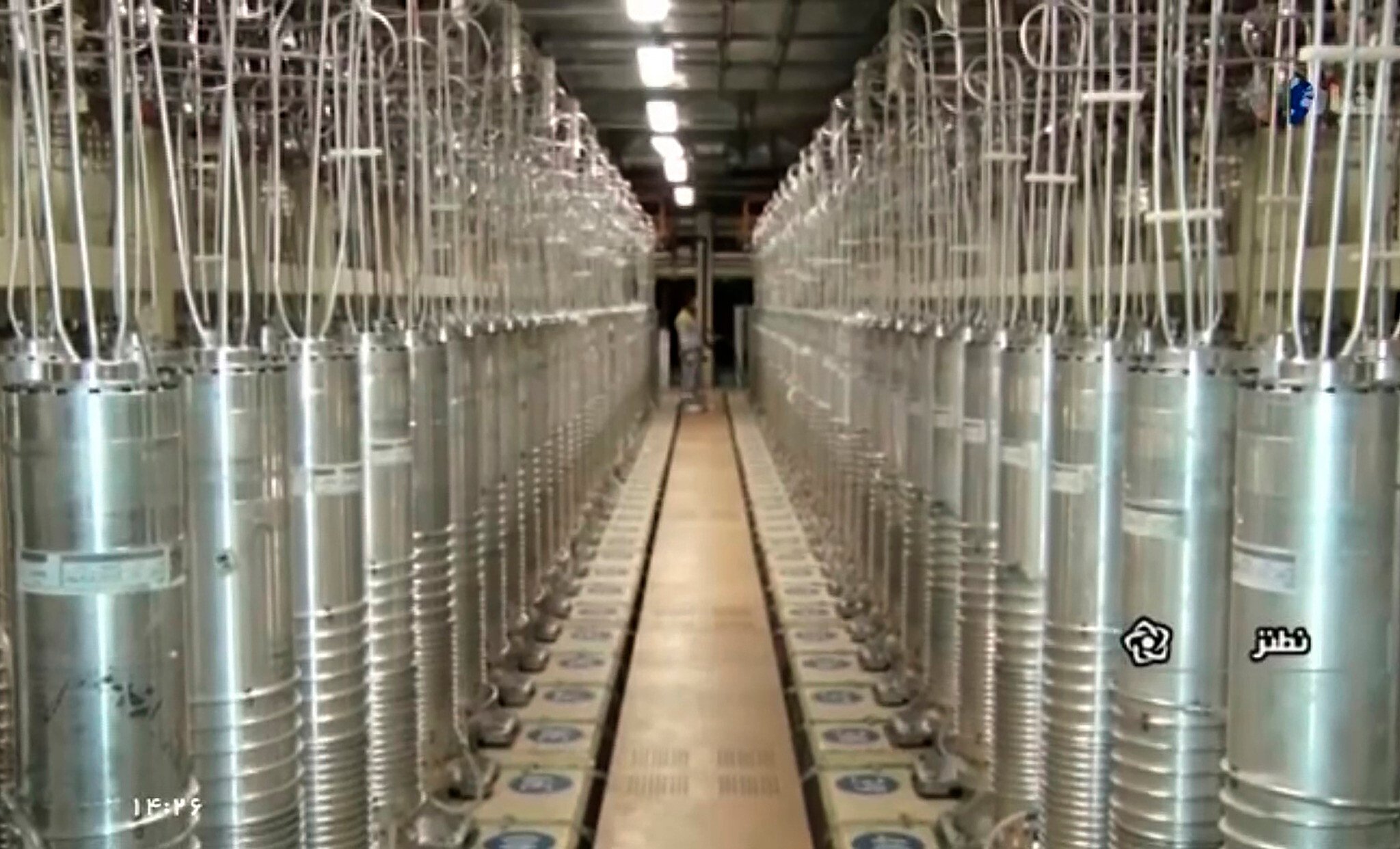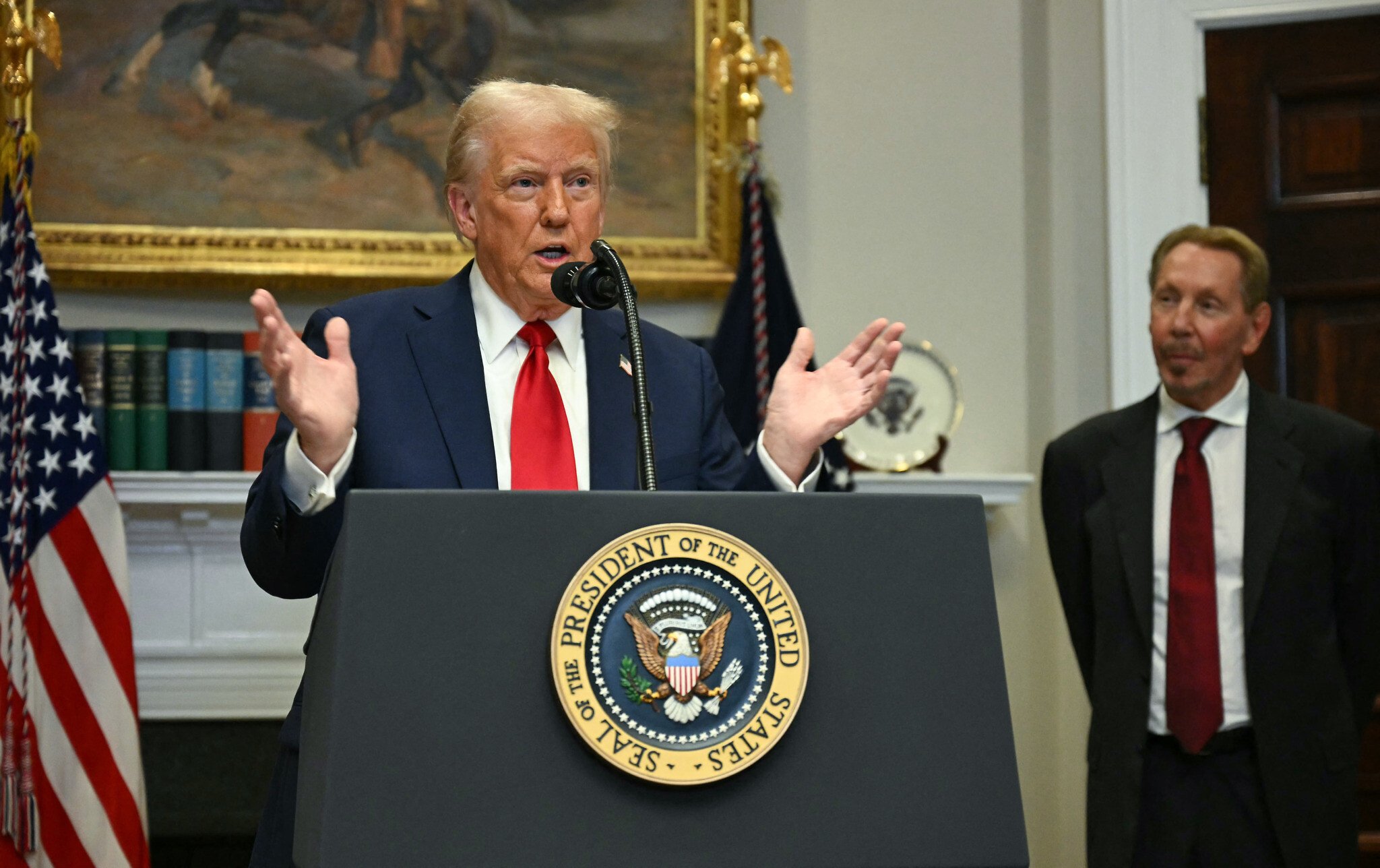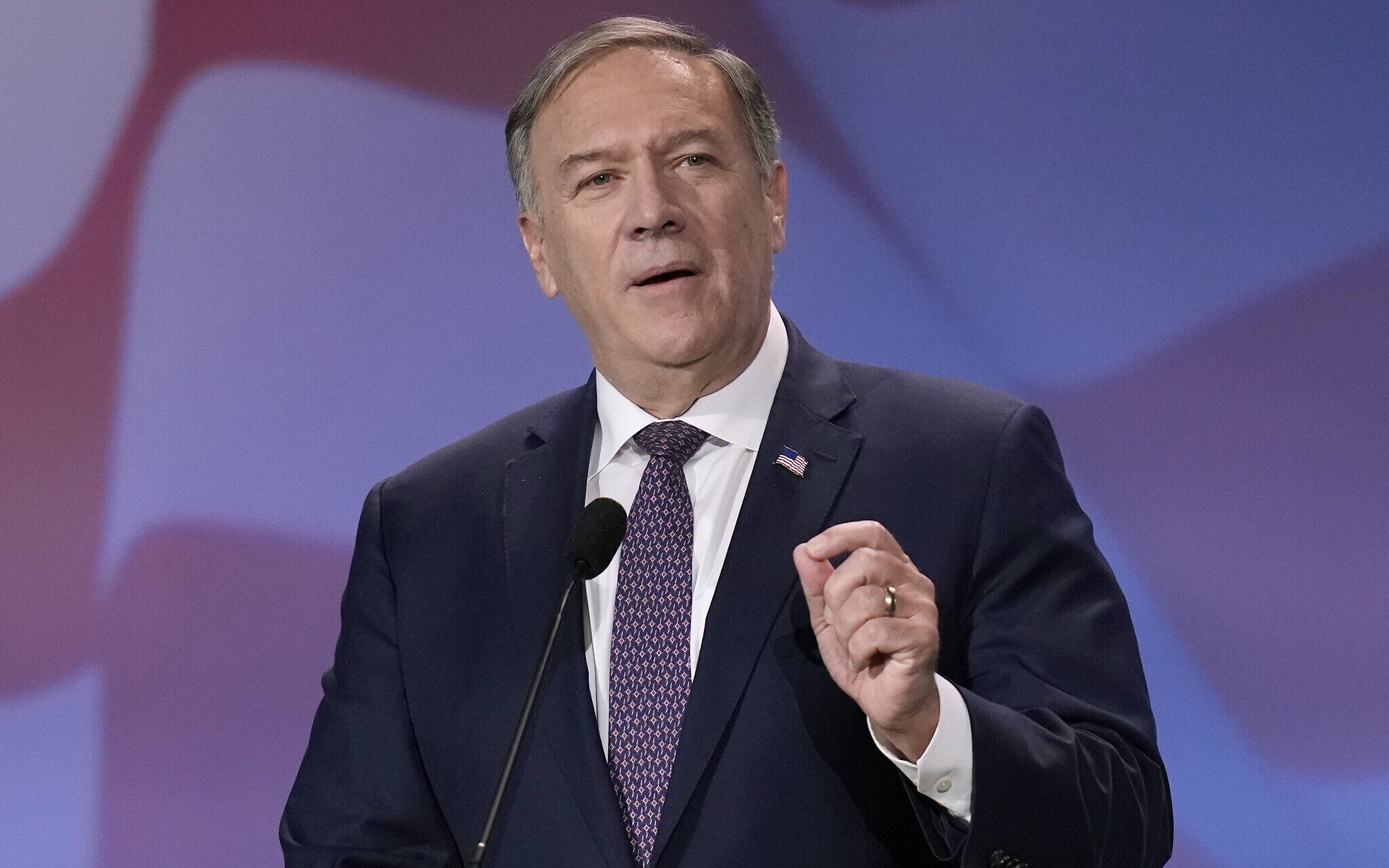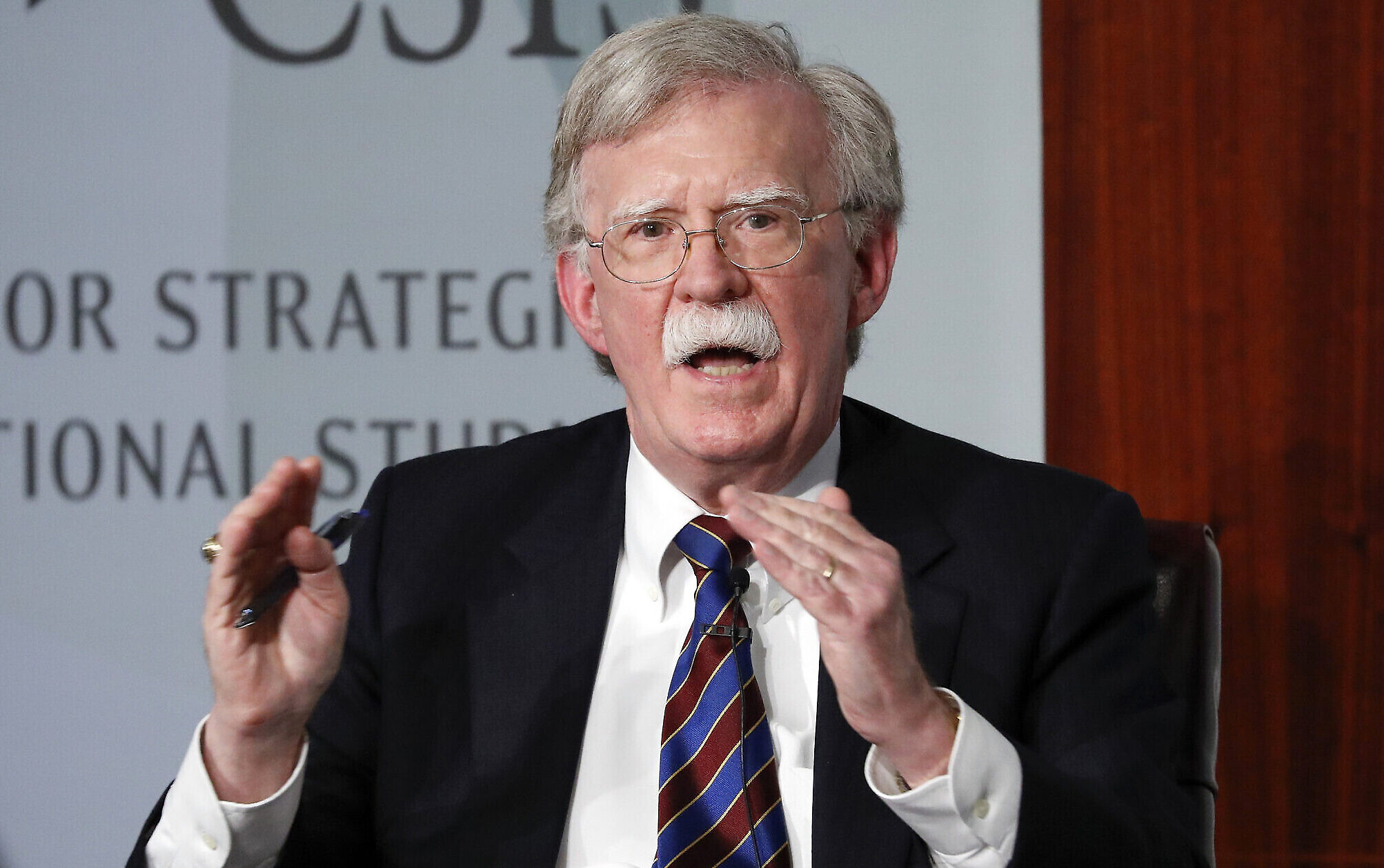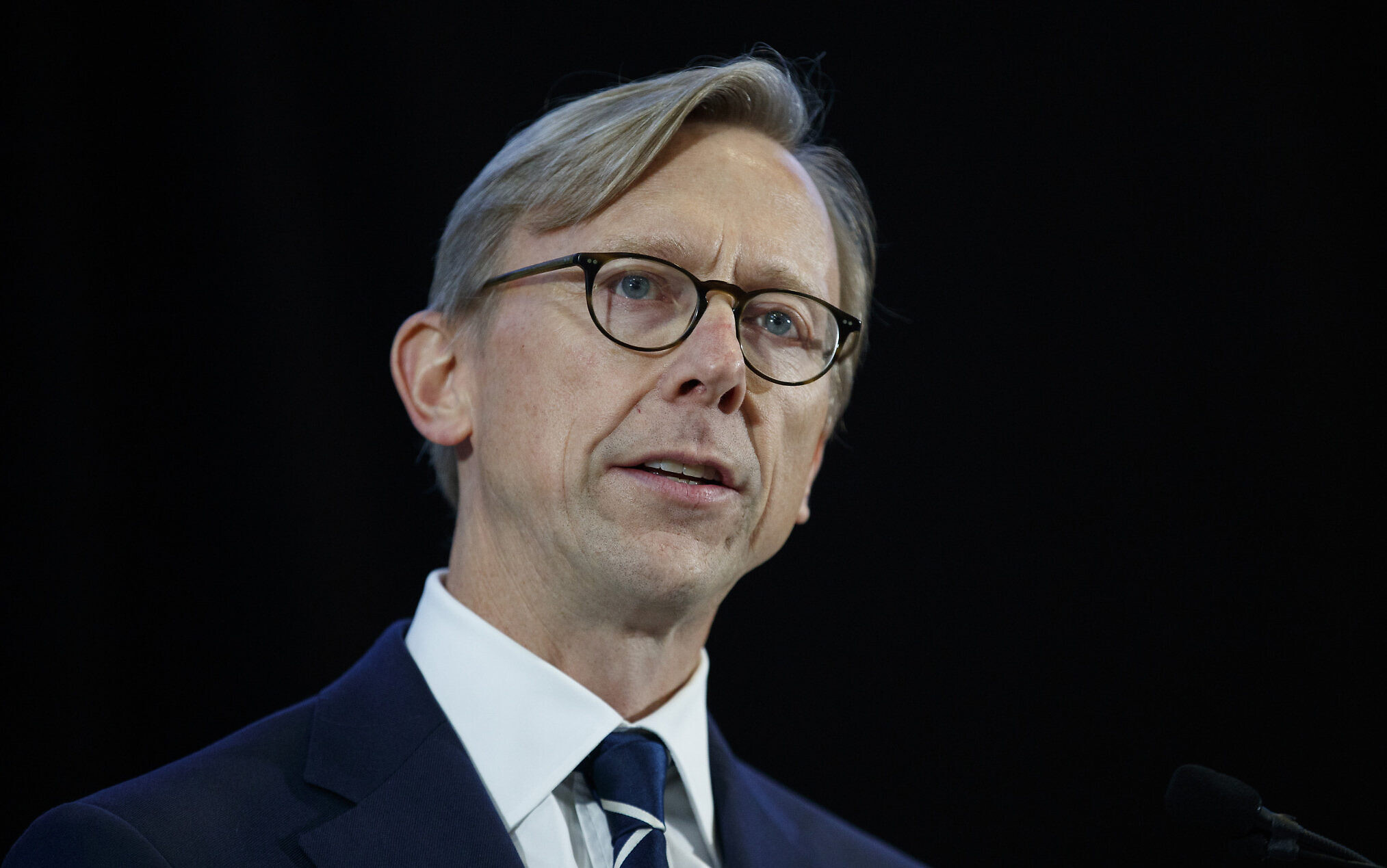


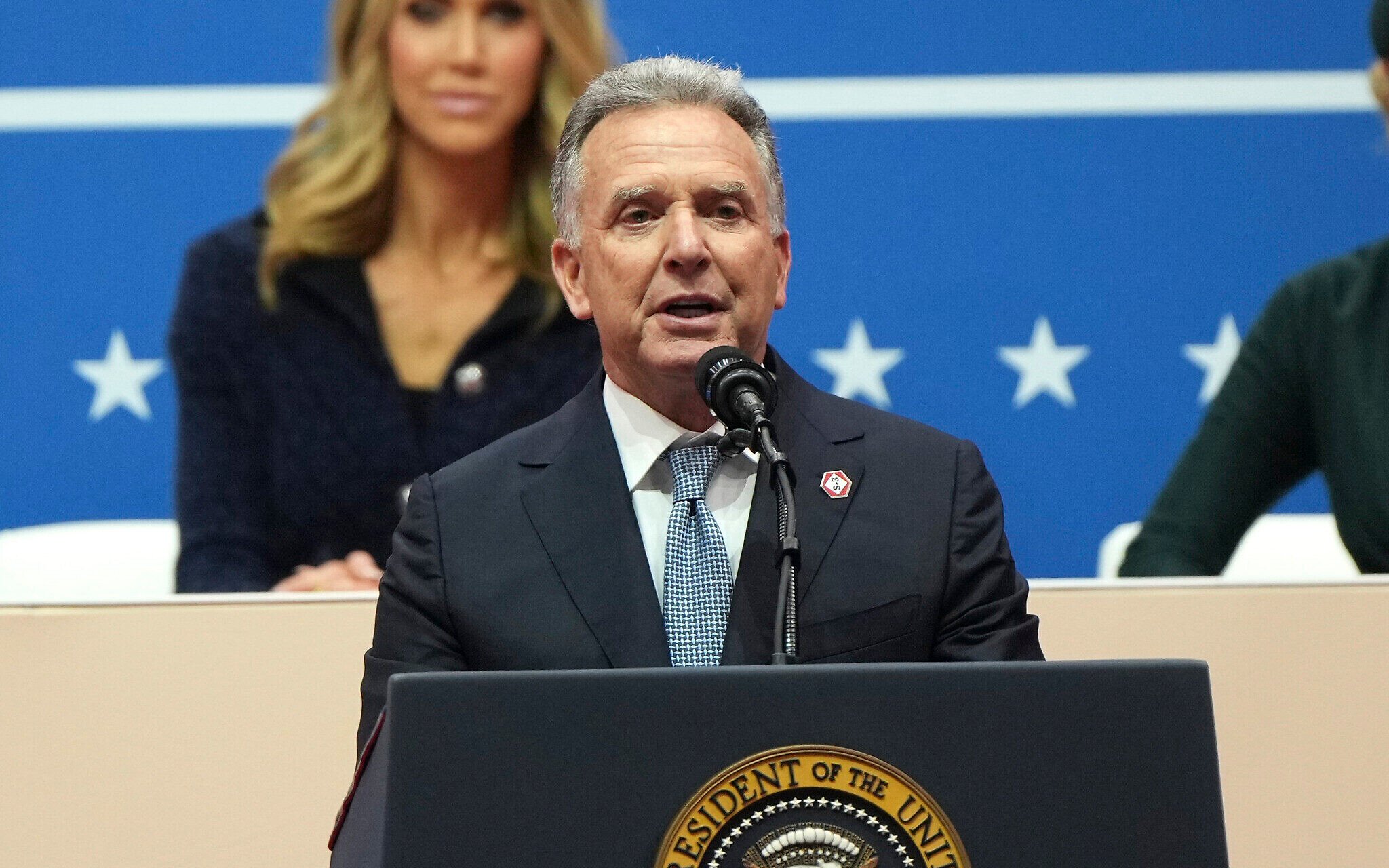
US President Donald Trump is planning to name his Middle East envoy Steve Witkoff as his point man on Iran, signaling the new administration’s resolve to address Tehran’s nuclear program diplomatically rather than militarily, the Financial Times reported Thursday, citing sources with knowledge of the matter.
Senior Trump officials were also quoted by Channel 12 as saying the new US president “doesn’t want to kick off his term with a war,” is interested in a “firm deal” to prevent the Islamic Republic from attaining nuclear arms, and assesses that “the Iranians will run to the negotiating table under his leadership.”
Witkoff, known for his central role bringing the Gaza ceasefire deal to a conclusion, will oversee efforts to tackle Iran’s nuclear ambitions as part of a broader attempt to curb conflicts in the region, the Financial Times said, adding that the ceasefire agreement will remain Witkoff’s main focus.
News of Witkoff’s tentative appointment came as Trump revoked the security detail of two prominent Iran hawks from his previous administration: former Secretary of State Mike Pompeo and former Iran envoy Brian Hook, both of whom were considered under threat by Iran.
Pompeo and Hook were the public faces of the US “maximum pressure” sanctions campaign against Iran after Trump in 2018 withdrew from the Iran nuclear deal. The deal, signed in 2015, offered relief on sanctions in exchange for Iran’s drastically limiting its nuclear program.
In response to Trump’s withdrawal, Tehran, which is sworn to destroy Israel, has breached the deal in several ways, including by accelerating its uranium enrichment to levels that are unfeasible for civilian use.
Iran also operates an “Axis of Resistance” network of anti-Israel regional proxies, including Gaza’s Hamas, Lebanon’s Hezbollah and Yemen’s Houthis, and has struck Israel directly twice in the past year.
Mohammad Javad Zarif, a top Iranian official who was Tehran’s lead negotiator on the 2015 deal, said Wednesday that he hopes “this time around, a ‘Trump 2’ will be more serious, more focused, more realistic.”
Though Trump has publicly vowed to resume “maximum pressure” on Iran, the Financial Times said that the US president and his aides have indicated in meetings that they want to keep the door open to diplomacy with the Islamic Republic.
According to the newspaper, some Trump officials have told foreign counterparts that they expect Witkoff to check whether diplomacy with Iran was possible.
However, US officials cited by the newspaper said that Trump’s approach to Iran in his second term, and Witkoff’s mandate vis-a-vis the Islamic Republic, were not yet settled.
A senior Republican staffer in the US Congress, quoted by the Financial Times, expressed frustration at Witkoff’s appointment, saying the new Iran point man was not hawkish enough.
“He’s already lifting pressure on Hamas, Hezbollah and Iran, and in the process abandoning American hostages and endangering Israel,” said the aide — though the White House on Thursday re-designated the Houthis as a terror group.
“He keeps saying he knows what Trump wants, but he doesn’t understand what Trump believes,” the aide added.
The Financial Times noted that two of Trump’s appointments — Michael DiMino, the Pentagon’s new top Middle East official, and Elbridge Colby, nominated for under-secretary of defense for policy — have expressed skepticism over the use of military force to thwart Iran’s nuclear program.
A more robust approach, meanwhile, has been advocated by Trump’s designated national security adviser, Michael Waltz, and new US Secretary of State Marco Rubio.
The top diplomat, who was confirmed on Wednesday, said in a phone call with Prime Minister Benjamin Netanyahu later in the day that “he looks forward to addressing the threats posed by Iran and pursuing opportunities for peace,” according to a State Department readout.
A congressional staffer and a person familiar with the matter, speaking on condition of anonymity to discuss personal security details, confirmed Thursday that Trump had revoked Pompeo and Hook’s security details.
Neither source could offer an explanation. They said Pompeo and Hook were told of the loss of protection on Wednesday and that it took effect at 11 p.m. that night.
A day earlier, Trump had revoked the security clearance and Secret Service protection from John Bolton, another Iran hawk who was fired as Trump’s national security adviser during his first term.
Bolton, who has been targeted for assassination for Iran, later wrote a book whose publication the White House unsuccessfully sought to block on grounds that it disclosed national security information.
Trump had soured on Pompeo some months ago, saying publicly that he would play no role in his new administration. In a social media post this week, Trump also fired Hook from his presidentially appointed position on the board of the Wilson Center, a think tank.
A representative for Pompeo did not immediately reply to a request for comment, and Hook has not responded to multiple voice and text messages from the AP since Bolton was stripped of his protection on Tuesday.
The New York Times first reported on the loss of protections.
The Biden administration’s State Department had provided and then systematically renewed round-the-clock protection by the Diplomatic Security Service for Pompeo and Hook since January 21, 2021, when they left office along with Trump. The last such authorization was on October 21.
Iran has blamed both for the killing of Iran Revolutionary Guard commander Qassem Soleimani on January 3, 2020.
According to a March 2022 report to Congress, the State Department said it was paying more than $2 million per month to provide 24-hour security to Pompeo and Hook. But later determinations did not give a dollar amount.
In those notifications, the State Department told lawmakers that threats against Pompeo and Hook remain “serious and credible” and continue to warrant government-provided security details.
Biden administration officials briefed Trump officials earlier this month about the ongoing threat posed by Iran to Pompeo, Hook, Bolton and others and why the administration had extended the security details for them, according to a former senior Biden administration official familiar with the matter.
The official, who requested anonymity to discuss the private briefing, said Trump administration officials are “well aware” of the “active threats” against the former government officials and called the move “highly irresponsible.”

